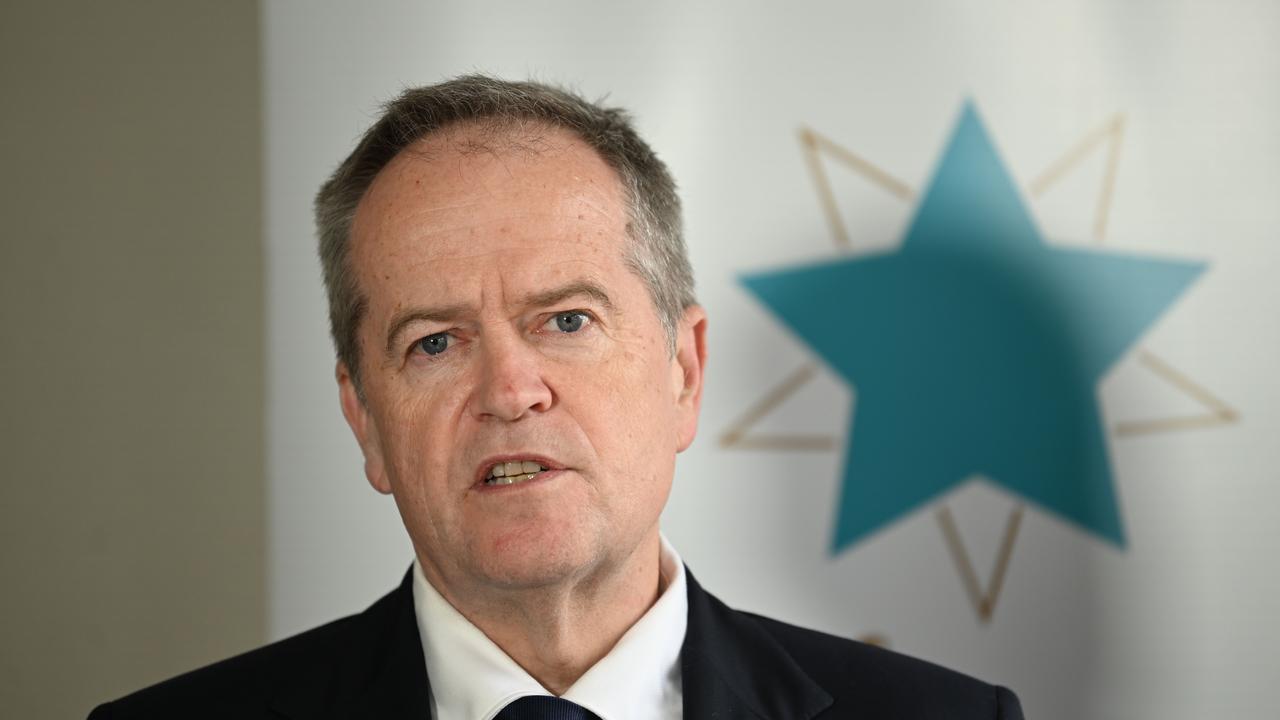
Lynda Fallon
As the cost of the NDIS balloons, and the government looks for ways to make savings, one battle-weary mum offers some budgeting suggestions.
Dear Mr Shorten, firstly, I want to say thank you for the NDIS. It’s a scheme with the very best of intentions to give people like my son, Ben, their best chance at fulfilling their potential — and I love that we are lucky enough to live in a country where people in power care.
But as a mum who is relying on this scheme to ensure her son is looked after once she is gone (and who feels not at all confident that it is capable of doing so), I’d like to give you a few suggestions on how to save money.
1. Get rid of local area co-ordinators
I assume this role is supposed to be the middleman between clients and the people who make the final decision on funding, to stop any inappropriate pressure being placed on those financial arbiters.
In my experience, what they actually do is get things wrong.
It’s like playing Chinese whispers, but instead of laughing at the mangled message at the end of the game, people miss out on vital support they desperately need.
Until very recently, no one from the NDIS expressed any desire to actually meet with Ben. In fact, our planning co-ordinators actively discouraged him from attending the yearly meetings because he might be a “bit disruptive”.
They were right, he would have been, but what this means is that I told them about Ben, then they informed the NDIS about him – and sadly the information never seemed to arrive in correct form. Errors have been as basic as me being referred to as “Susan” in documentation
for the first couple of years, or as serious as them getting Ben’s functional abilities wrong.
In addition, every single year I have been assigned a different co-ordinator because many are not up to the job and leave, and those who are good at it are promoted. (I once had to explain to one co-ordinator what “non-verbal” means, after she incredulously asked: “What? He can’t talk AT ALL?!”)

NDIS and Government Services Minister Bill Shorten. Picture: Lyndon Mechielsen
Ben is a gorgeous young man and we love him to pieces, but his diagnosis was the single biggest trauma of my life, and having to relive it every year is painful.
Like many families dealing with disability as severe as Ben’s, we just get through the days as best we can, trying not to dwell on his difficulties.
Having to describe it to a new stranger every 12 months is, frankly, inhumane.
2. Stop asking for reports for people whose abilities are unlikely to change
Pre-NDIS, our family remortgaged our house to pay for therapies for Ben (he’s 18 now and the financial ramifications continue). By the time the NDIS came into being, Ben had tried every therapy with any scientific backing.
I’m grateful we had that ability to try because I won’t die wondering if something would have made a difference — but the fact is the therapies had little effect.
Over the years, the NDIS has insisted we spend thousands of taxpayer dollars on reports. They repeatedly show he has the functional level of an 18-month-old, and call for him to receive considerably more funding than our requests.
No one is sadder than I am that Ben is unlikely to significantly improve or live independently, but that has to be the case for a great many NDIS clients — not to mention people who have degenerative conditions, who, no matter how hard anyone works, will get worse.
3. Cut the red tape

Ben, lover of fairy floss and cool bands.
I know you’re trying, but the system is choked with red tape.
I have always dealt with the NDIS on Ben’s behalf, but the day he turned 18, I was cut off.
I couldn’t apply to become his nominee before he turned 18, so on April 24 I took him into an NDIS office to fill in the paperwork and so they could meet him. The worker immediately clocked that he could not manage by himself, and we filled in the paperwork and waited. And waited.
On June 13, after an hour on the phone, an NDIS staffer promised it would be fixed within two weeks. It was not.
On Monday (another 65-minute phone call) I was told this was not good enough and a complaint would be lodged and I would hear within two business days. I did not.
We are now in a nightmare limbo where we cannot deal with the NDIS because Ben is unable (he cannot write and has no idea of the meaning of a signature), and I am not his nominee.
4. Use some common sense
While all this has been going on, we have received a letter from the NDIS saying they would like to roll over Ben’s current plan for a further 18 months.
This is wildly inappropriate because he will leave school at the end of this year, and will require a completely different set of supports in 2024. A quick glance at his file would make that clear.
This has added considerably to my stress levels because if we don’t contact the NDIS (and we currently cannot, see nightmare limbo above), it will automatically occur.
I realise we are just one case, Mr Shorten, and far from the worst affected. But my son’s file should be clear-cut.
He has been assessed repeatedly as having a severe intellectual disability and global developmental delay, as well as autism, and he attends a school for special purposes.
His dad and I happily care for him — we have to physically feed him, bathe him, dress him, and guide him every step of the way through life. We have a vested interest in this scheme remaining financially sustainable, so we ask for very little support for Ben.
But the one thing we cannot do is prepare him to spend time without us. By definition that needs to be done by others.
Sadly, the NDIS is holding back that process.
Yours hopefully, Lynda Fallon